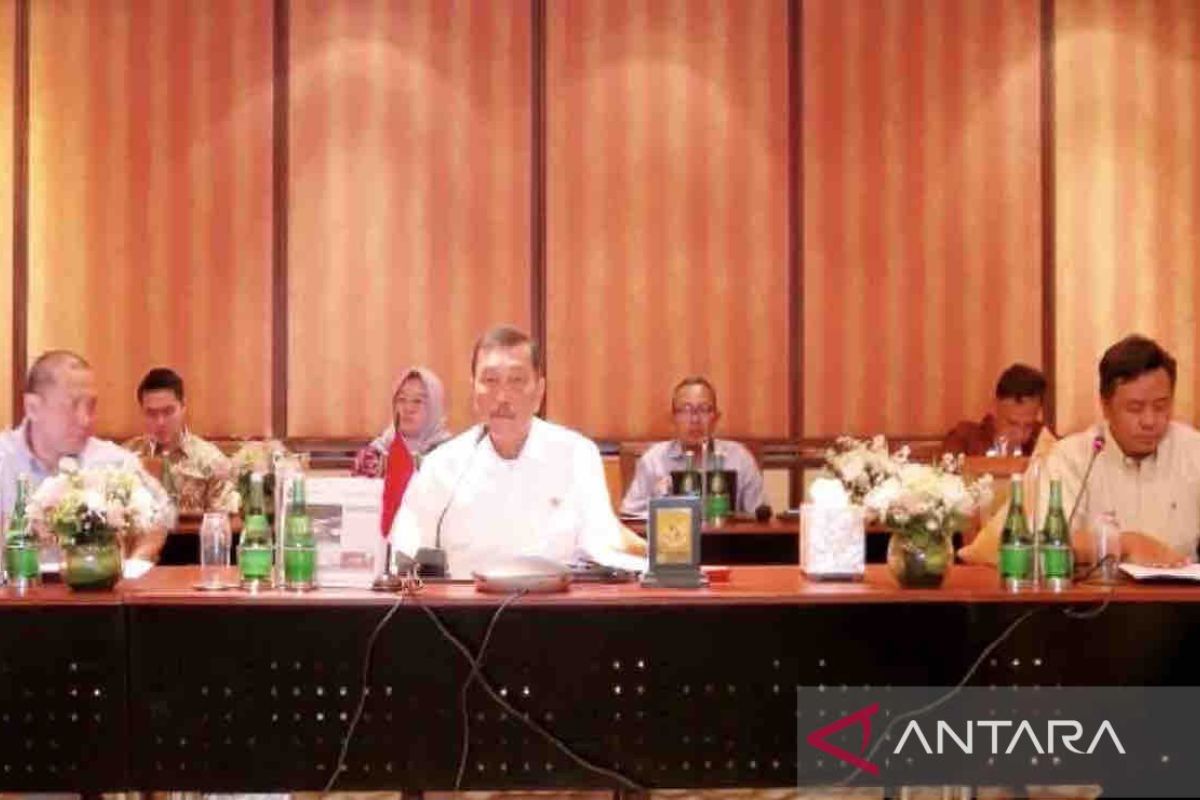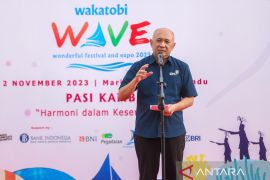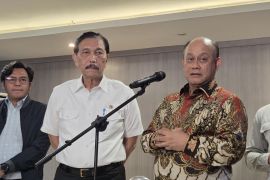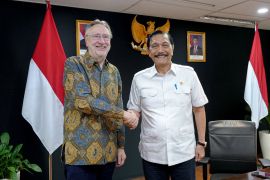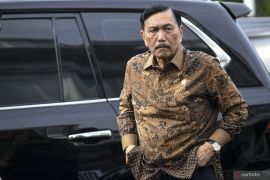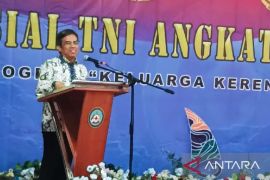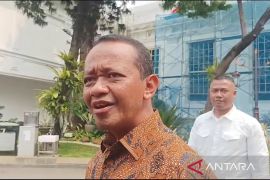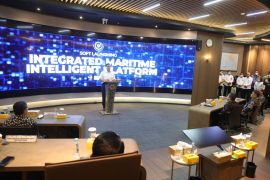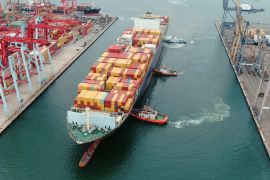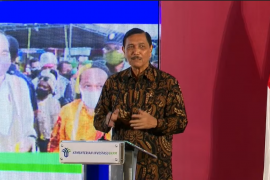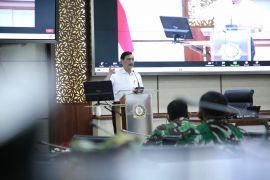In the next 5–10 years, seaweed processing is projected to have the same impact or even bigger than nickel mining in Indonesia.Jakarta (ANTARA) - Coordinating Minister for Maritime Affairs and Investment, Luhut Binsar Pandjaitan, said that the development of downstream seaweed processing could overtake nickel processing in the next 5–10 years.
The minister added that downstream seaweed processing could become Indonesia's main project.
"In the next 5–10 years, seaweed processing is projected to have the same impact or even bigger than nickel mining in Indonesia," he informed virtually during the 2023 Performance Evaluation Towards a Golden Indonesia in Jakarta on Friday.
Pandjaitan said that the downstream seaweed industry has great potential to overtake the mining sector, which currently has an export value of up to US$34 billion.
The utilization of seaweed could increase economic value and reduce dependence on the mining sector, the minister added.
"It is possible to happen because we have experience in managing nickel. In the (previous) 7 years, we exported only US$1.5 billion; now, we have exported up to US$34 billion," he noted.
On the same occasion, the ministry's acting deputy for maritime resources coordination, Firman Hidayat, said that Indonesia has only exported seaweed in raw form and produced it for handicrafts and jelly so far. With downstreaming, the commodity could generate more income for the country.
"The result from the World Bank study stated that the potential for seaweed downstreaming is very diverse, ranging from biostimulants/organic fertilizers to health and bioplastics. The organic fertilizer alone has a projected market potential of more than US$10 billion until 2030 and bioplastics with a market potential of more than US$40 billion," Hidayat informed.
He said that seaweed downstreaming has enormous potential, especially since Indonesia is the second-largest seaweed producer in the world.
Besides improving the economy and community welfare, seaweed downstreaming could help resolve the problem of plastic waste and food security. However, it is important to increase productivity with the help of technology and mechanization, he highlighted.
"Seaweed can be processed into noodles, instead of using wheat," Hidayat added.
Currently, his party is cultivating 100 hectares of seaweed as a pilot project in Ekas Bay, East Lombok, West Nusa Tenggara, using drone technology for cultivation.
Moreover, for realizing seaweed downstreaming in the future, a bioplastic factory is also planned in the area, he informed.
"For now, we have 102 thousand hectares of seaweed area. In order to develop the bioplastic sector, we must have 1.2 million hectares in the next 5 years," Hidayat said.
Related news: Seaweed of Wakatobi can support downstreaming efforts : Minister
Related news: Blue economy approach must become mainstay of development: minister
Related news: President asks Fisheries Ministry to downstream seaweed
Translator: Muhammad Harianto, Resinta Sulistiyandari
Editor: Azis Kurmala
Copyright © ANTARA 2023
